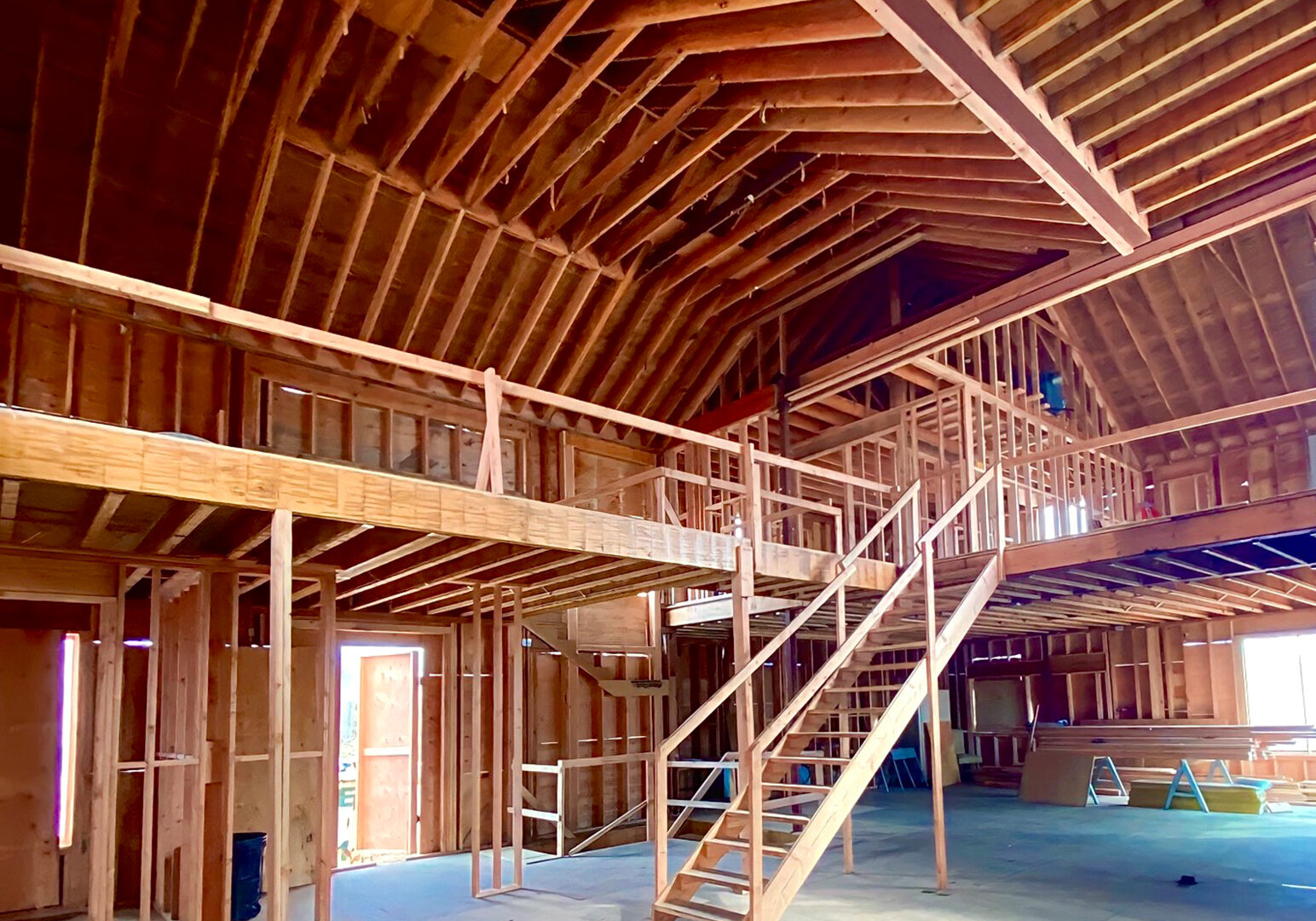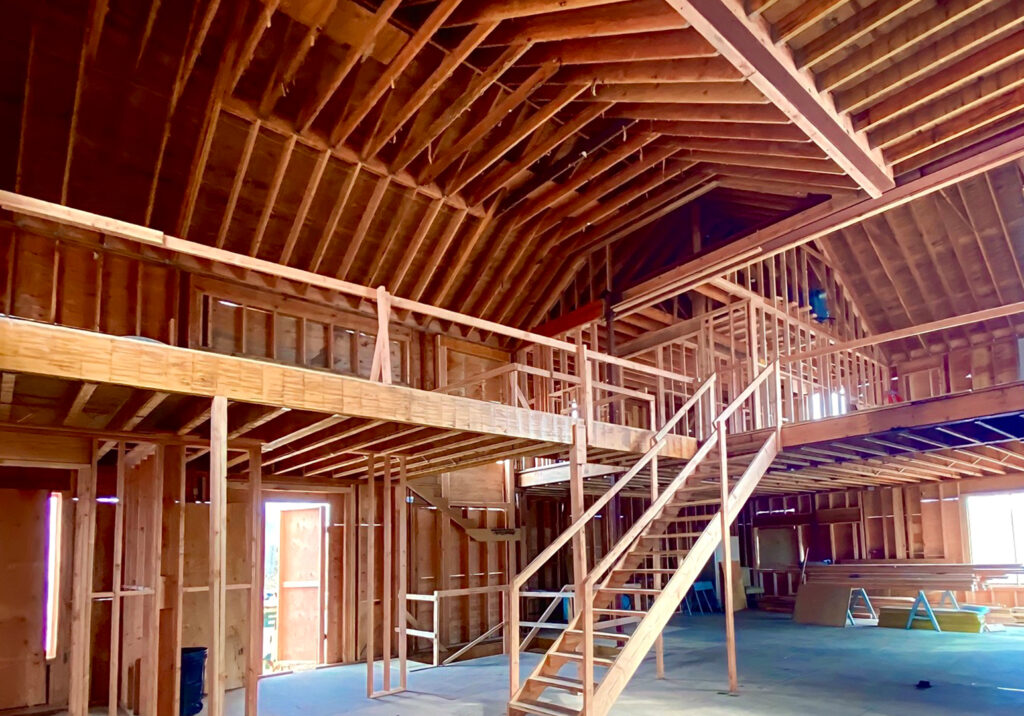Using a Building Material Calculator to Optimize Construction Project Planning
Inaccurate material and cost estimates throw a wrench into the cogs of construction project planning. Rising material expenses and tight budgets elevate the cost of estimation and planning errors early on in a project; budget overruns can escalate rapidly, bleeding resources that could have been allocated elsewhere. Ensuring estimations are reasonable and accurate is paramount…
Sean Buchner
December 21, 2023
6 mins read

Inaccurate material and cost estimates throw a wrench into the cogs of construction project planning. Rising material expenses and tight budgets elevate the cost of estimation and planning errors early on in a project; budget overruns can escalate rapidly, bleeding resources that could have been allocated elsewhere.
Ensuring estimations are reasonable and accurate is paramount to the success of any project. Construction firms leverage their expertise and technology to form true project estimates—but architects, homeowners, and even builders often need a rough material estimate to predict cost and use as a guide while they envision a project.
This is where building material calculators provide immense help. Users can potentially save major time and money on their next construction project by finding a calculator that suits their needs.
What is a Material Calculator?
A material calculator is a digital tool that helps roughly estimate the amount of materials needed for a construction project. Instead of guessing how much concrete or steel a project will need, you punch in your project’s dimensions, style, and level of finishes into the calculator, and it quickly generates quantity estimates.
These nifty gadgets aren’t just about counting bricks or bags of cement; they take into account all sorts of things like the size and shape of your build area. Whether you’re laying down a driveway or envisioning a seaside residence, there’s an online framing calculator or metal weight calculator ready to make your life easier during your project’s planning phase.

What are the Benefits of Using Calculators?
Building material calculators are invaluable tools for homeowners, architects, and builders alike, aiding in the generation of preliminary estimates during the initial phases of project planning and design. Embracing calculators brings forth a myriad of advantages.
Estimates offered by these tools can streamline project efficiency before the project even begins: determining design/material feasibility, narrowing down project location, or even anticipating potential budget challenges.
Efficient Project Planning
Building material calculators serve as indispensable aids in efficient project planning. By providing ballpark estimates, these tools can play a critical role in streamlining the early phases of a project. The ability to generate estimates enables stakeholders like homeowners, architects, and builders to assess the feasibility of various design ideas. These types of calculators can provide decision-makers a better initial idea of what materials a project will entail, as well as timelines or budgets involved. Bringing the resulting ideas and estimates to experienced professionals will provide a clearer path forward and highly accurate estimates that ensure effective project planning.
Location Refinement
Finding a project site that aligns with design vision and budget constraints is a challenge at the outset of any project—leveraging a calculator to anticipate material needs can potentially refine locational choices.
Rough estimates from these tools can help stakeholders assess material requirements and associated costs for different locations, helping them make informed decisions about appropriate project sites. It may also help pinpoint local firms or vendor partnerships that align well with project execution.
Budget Anticipation
Estimates provided by these tools can provide homeowners, architects, and even builders the ability to predict financial implications of different design choices and material selections. While exact financial estimates should be provided by construction professionals, this proactive approach can help avoid unrealistic budgeting prior to that point—fostering a more realistic project development process.
What is an Example of a Building Material Calculator?
The DAE Structural Material Calculator (Concrete and Steel)
Our Structural Material Calculator provides a volume estimate of concrete and pounds of steel required in a particular project. A user enters information like square feet and basement depth to receive guidance on the potential required amount of concrete and steel.
The results of our Structural Materials Calculator are meant to provide a rough estimate and serve as a guide for architects, homeowners, or builders looking to get a projection of these material quantities. A formal takeoff estimate is always provided to clients during the project design process.

What to Consider When Using a Construction Calculator for Project Development
Using calculators for project development offers several advantages to a decision-maker—but this requires an understanding of their capabilities and limitations. Engaging with calculator resources beyond a building materials tool can enhance other areas of planning, like budgeting and timelines. Ultimately, acknowledging the necessity of receiving formal estimations from professionals is the most effective way to understand the scope and requirements of any construction project.
Beyond just building materials, what are calculators used for in construction projects?
Incorporating additional calculator resources may better inform the project planning process. Examples include:
DAE New Construction Project Cost Calculator
Calculate an estimated total cost of your new project using our online construction calculator. Answer a couple basic questions, like the square footage of your house, to receive an estimated cost range.
DAE Septic System Calculator
Our septic system calculator is a valuable tool that can give you an idea of the possible septic system for your Long Island or Hamptons residential project. Just a few answers will help us provide an estimated calculation to optimize and inform your project planning.
What is a Takeoff in Construction?
An official material estimation—often called a takeoff—is a meticulous process typically conducted by builders or project managers. It serves as the official calculation of materials and cost, creating a foundational roadmap for the entire construction endeavor.
Quantifying and detailing the required materials provides a comprehensive overview of a project’s scope, offering invaluable insights for scale, complexity, and budgetary considerations. The accuracy of the material estimation is pivotal in preventing overruns, delays, or budgetary concerns during any project.
An official material estimation serves as a critical communication tool between stakeholders, ensuring that the client, architects, and builders are aligned on the project’s requirements and expectations. It forms the basis for strategic decision-making, allowing for efficient resource allocation, precise scheduling, and proactive problem-solving.
Can a Building Material Calculator Replace a Takeoff?
An online materials calculator cannot replace an official takeoff, but it can serve as a wonderful proactive resource prior to the start of a project. Using these tools to acquire general estimations is a great idea for any architect, homeowner, or even builder looking for general material context, overarching budget estimations, or help narrowing down which construction partner or engineering firm to hire.